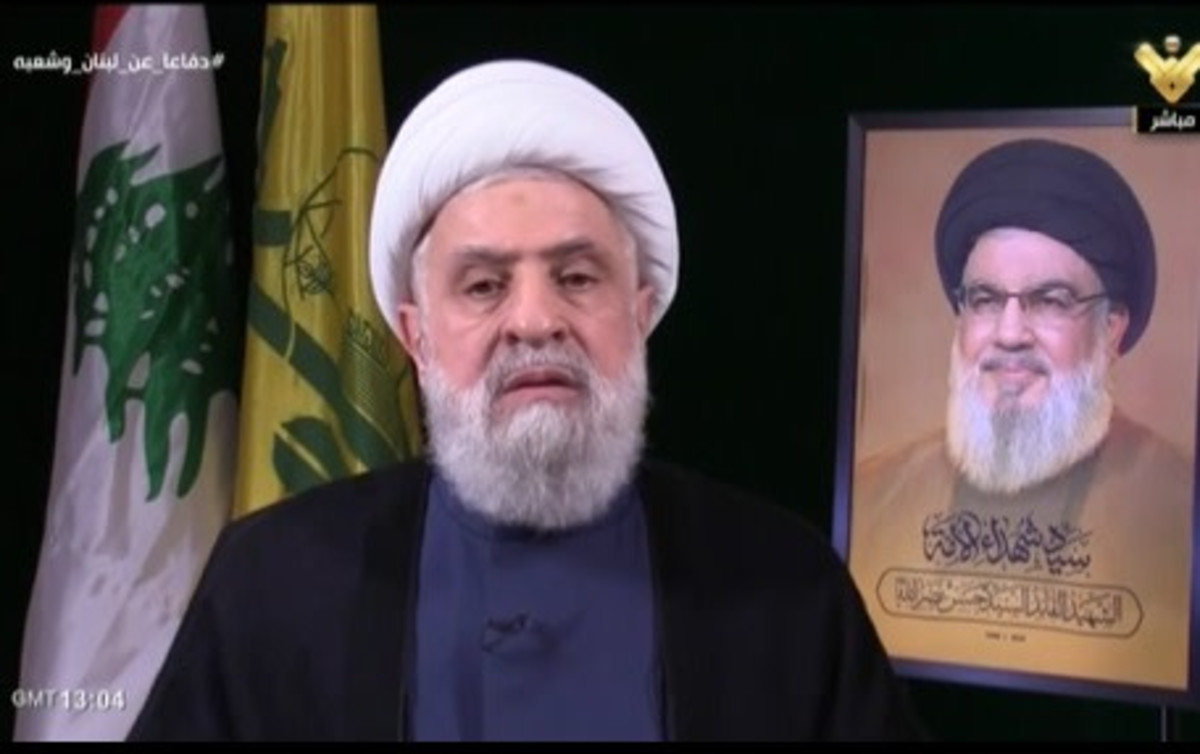On the Saudi Al Hadath channel, Brigadier General (res.) Yarov Sekar, a researcher of national security and strategic affairs, commented on the IDF’s actions in Lebanon and the Israeli policy towards Hezbollah. Sakhar pointed out that Israel is not only focusing on military goals, but also developing political goals in the fight against Hezbollah, in order to achieve its goals.
The discussion on the channel opened with a question about the alleged strategic changes of the IDF, especially in comparison to: “Hezbollah’s military failure on the ground”. managed to gain a clear advantage though she notes that Naim Kasem,the Secretary General of Hezbollah, has talked over the years about Israel’s military tactics and the need to focus on the ground, but in practice, according to her, Hezbollah has not been able to deal with the advanced strategies of the IDF, which maintains a clear military advantage.
Sekar explained that since the beginning of the operation, Israel has focused on achieving stability on the border with Lebanon, at a depth of 3-5 kilometers. He noted that recently there has been a development in Israeli goals, with an attempt to exert pressure on the Lebanese government. “Israel is placing difficult diplomatic conditions on Hezbollah and the Lebanese government,” Sachar said, “and this also includes a threat to escalate the military operation.”
Sakhar emphasized that every time there is talk of a ceasefire or an agreement, Israel increases its military activity, which leads to an escalation in the field. According to him, Israel not only operates militarily, but also expands its targets to politics and media, and also focuses on eliminating key figures in media and politics in the Hezbollah organization. In this context, he points out that as soon as an organization appoints a replacement for an executive who has been eliminated: “The replacement immediately becomes an assassination attempt.”
Thus, for example, he mentioned for example and Pik Sapawho was the link between the army and politics in Lebanon: “Israel aims to deepen its influence not only through military operations, but also through attacks on key figures in the Lebanese media and politics,” he explained.
As I recall, in an air strike that was carried out in Beirut about three weeks ago, according to reports in the Arab media, Wafik Spa, who is considered to be the Minister of Defense of the terrorist organization Hezbollah, was killed. Spa is the brother-in-law of Hezbollah leader Hassan Nasrallah who was eliminated, and served as his negotiator. At the same time, the terrorist organization claimed that he was saved from the assassination attempt.
In another case, Sakhar referred to the assassination of Muhammad Afif, who was considered responsible for Hezbollah’s media strategy since its founding. Afif was a key figure in turning Hezbollah into an influential military and political organization, and he was responsible for establishing a news system on the “Al-Manar” channel, which was designed to support the organization’s goals and strengthen its grip on public opinion in Lebanon and abroad.
Referring to the change in Israel’s strategic focus, Sekar noted that Israel expanded its goals in the field, and began to exert pressure on the Lebanese government to agree to the conditions it had set. “Israel’s operational activity has been expanding, with the strengthening of the threats against Hezbollah and the pressure on the Lebanese government,” said Sakhar, “all with the aim of achieving political achievements in favor of Israel.”
